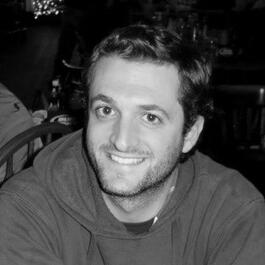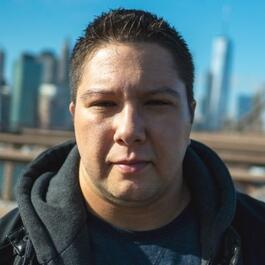
Destigmatizing Mental Health
Dr. Mireille Reece is a practicing clinical psychologist and, along with Adam Stacoviak, editor-in-chief of the Changelog, they run Brain Science, a podcast exploring behavior change and mental health. Chris Castle, a Developer Advocate at Heroku, is interviewing them to find out more about the stigma associated with mental health. There's an acknowledgement that while everyone at one point or another struggles with their mental health--be it through anxiety, depression, isolation, or stress--we, as a society, tend to be hesitant to discuss our struggles publicly. Dr. Reece posits that people view this as a weakness, one they're not willing to admit. There's a fear that if you reveal this part of yourself, you'll be rejected. Chris points out that mental health is not like physical health: if you break a finger, you can go to a doctor and get a splint. But if you have some mental anguish, it feels like your very identity is hurting, and Dr. Reece concurs that there's no "quick fix" to the problem. The first step, however, is to differentiate that how you hurt is not equivalent to who you are. You have to admit that you don't have the tools or skills to resolve the problem on your own, which will inevitably lead you to wanting to find a solution in a therapist. The dialog concludes with a recognition that there are many different types of therapy available, and it can be overwhelming to identify the one that works for you. The important thing to do is to find someone you can trust, and have a conversation with, because you'll be more willing to act on their advice. This might also mean seeing multiple therapists before discovering one that "fits." Adam posits that it can be helpful to imagine a future version of yourself as an end goal, from which you can begin to work towards through changing your habits and behaviors. Links from this episode Brain Science is a podcast exploring the human brain to understand behavior change, habit formation & mental health
From "Code[ish]"





Comments
Add comment Feedback